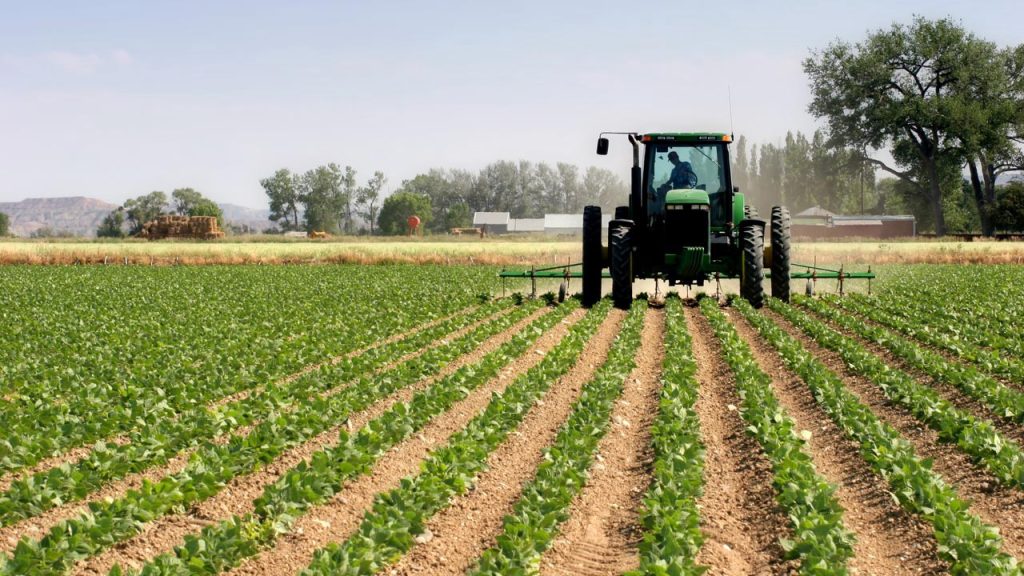Ghana’s horticultural sector is steadily transforming into one of the engines of economic development, food security, and export diversification.
As global demand for fresh and processed horticultural products continues to rise, Ghana is positioning itself as a leading player in the global horticulture market.
This vibrant sector-spanning fruits, vegetables, spices, and herbs among others, is not only enhancing livelihoods but playing a central role in achieving the government’s vision of a 24-hour economy.
The agricultural sector accounts for about 20% of Ghana’s GDP, with horticulture making up an increasing share due to strong global and domestic demand. According to the Ghana Statistical Service (GSS), the non-traditional exports sector driven largely by horticulture, generated USD 3.8 billion in 2023, with key crops like mangoes, pineapples, coconuts, and chili peppers contributing significantly.

More importantly, horticulture is a key job creator. The Ministry of Food and Agriculture estimates that over 1.5 million Ghanaians are directly employed in horticultural value chains, with women comprising more than 52% of the workforce. From smallholder farmers to packhouse workers, the sector empowers rural communities, particularly women and youth.
The government’s drive toward a 24- hour economy, announced in the 2025 budget statement, seeks to harness continuous productivity across strategic sectors, agriculture being one of them.
The horticultural sector offers immense opportunities under this framework. With modern packhouses, cold chain logistics, irrigation systems, and agro-processing facilities operating in shifts, horticulture is perfectly suited to function beyond daylight hours. Beyond economic metrics, the real story of Ghana’s horticultural success lies in its ability to empower people.
According to the African Development Bank, women-led agribusinesses across Africa have the potential to increase agricultural output by up to 30%, and Ghana is no exception. Strategic support, youth-led start-ups in greenhouse farming, fruit processing, and digital agri-tech continues to open new path for wealth creation and continuous development.
President of the Federation of Associations of Ghanaian Exporters (FAGE), Davies Narh Korboe underscores the critical role of horticulture beyond the export numbers. “Horticulture is not just about growing fruits and vegetables; it’s a game-changer in our quest to empower rural livelihoods, reduce poverty, and build resilient communities,” he says. “We must support it with infrastructure, innovation and policy commitment.”
Korboe further noted that the upcoming Ghana Horticulture Expo 2025 scheduled for June 11-13, 2025 at the Accra International Conference Center will be a landmark event to spotlight these opportunities.
Ghana’s horticultural sector is more than a source of fruits and vegetables-it is a powerful catalyst for inclusive growth, job creation, and economic resilience. As the nation leans into the 24-hour economy vision, horticulture stands ready to deliver prosperity around the clock.
–
By Kwaku Boateng, Vice President of the Coconut Federation of Ghana.
DISCLAIMER: The Views, Comments, Opinions, Contributions and Statements made by Readers and Contributors on this platform do not necessarily represent the views or policy of Multimedia Group Limited.


